Dubai 2020 > Osaka, Kansai 2025
Delayed by the Covid-19 pandemic, the Dubai 2020 Expo, the world’s biggest cultural gathering, kicked off in style on 1st October 2021 with a ceremony streamed by millions across the world. Our experts assess what Osaka and Kansai can learn from Dubai ahead of hosting the Expo in 2025.
The experts
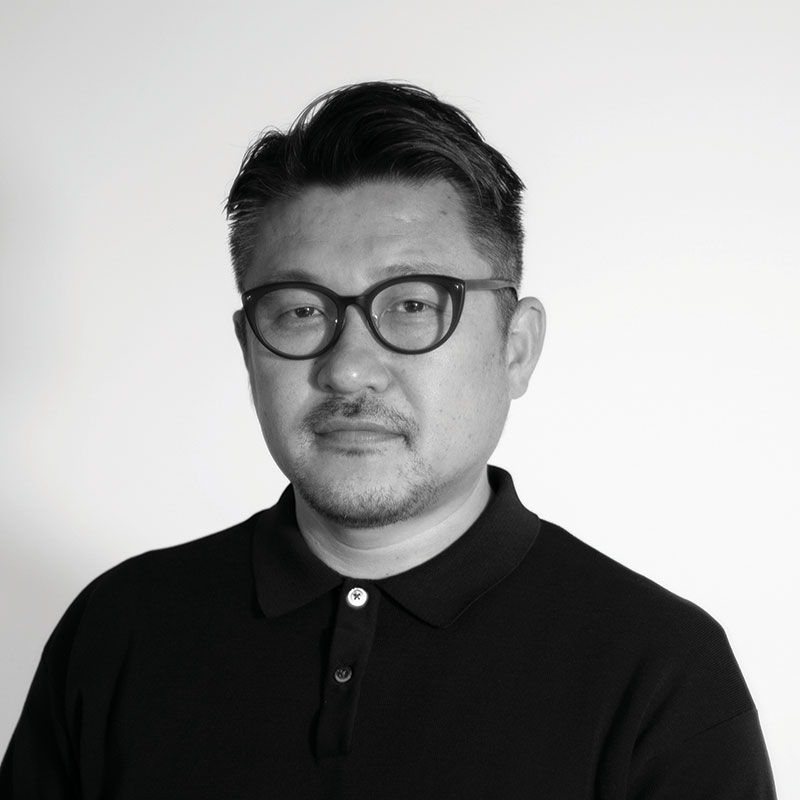 Seiichi Saito is a creative director and a co-founder of the arts and technology company Rhizomatiks. A graduate of the Master of Advanced Architectural Design program at Columbia University, Saito now directs Panoramatiks, the company that replaced Rhizomatiks’s architecture division, and serves as creative advisor for the Japan Pavilion at Expo 2020 Dubai.
Seiichi Saito is a creative director and a co-founder of the arts and technology company Rhizomatiks. A graduate of the Master of Advanced Architectural Design program at Columbia University, Saito now directs Panoramatiks, the company that replaced Rhizomatiks’s architecture division, and serves as creative advisor for the Japan Pavilion at Expo 2020 Dubai.
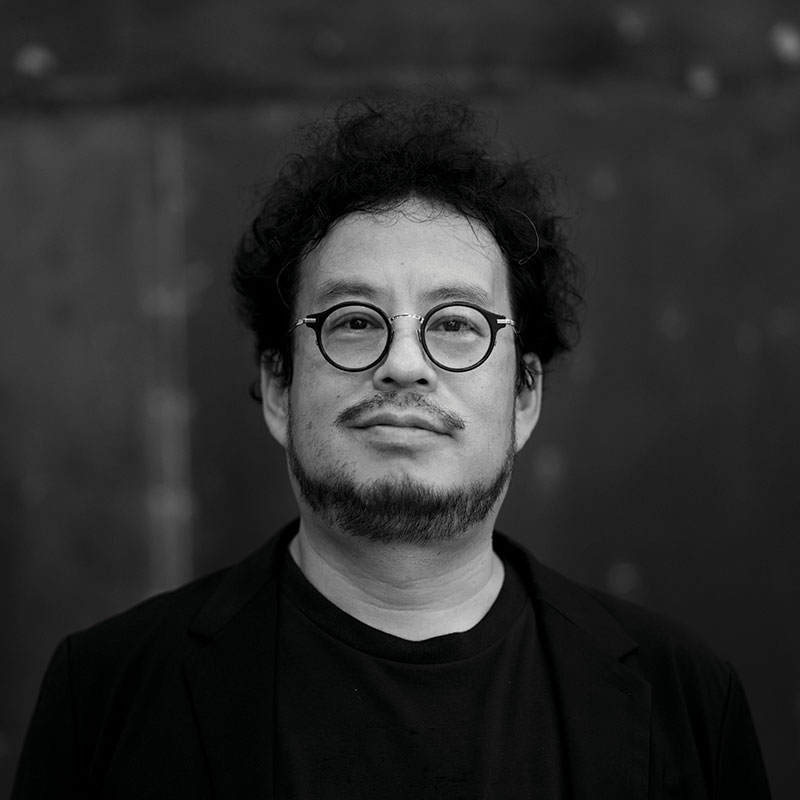 Toshiyuki Konishi is a creative director, copywriter and the founder of advertising agency Pool Inc. In addition to his work for the likes of Suntory and Sony/ PlayStation, he serves as creative advisor for the Japan Pavilion at Expo 2020 Dubai.
Toshiyuki Konishi is a creative director, copywriter and the founder of advertising agency Pool Inc. In addition to his work for the likes of Suntory and Sony/ PlayStation, he serves as creative advisor for the Japan Pavilion at Expo 2020 Dubai.
In what ways does the Japan Pavilion at the Dubai Expo stand out?
Seiichi Saito (SS): While past pavilions have focused on promoting Japan, this time we’ve drawn attention to the challenges Japan is currently facing, which may also confront the rest of the world in years to come. We’ve shown how information comes together in Japan, and how that information can be used to solve social issues. Presenting these problems, rather than ignoring them, encourages a search for solutions.
Toshiyuki Konishi (TK): We focused on the Expo as a “knowledge fair.” You could say that Japan leads the world in finding solutions to a number of issues that need solving, whether it’s natural disasters, disease, or aging societies. So we focused on bringing ideas together to tackle these issues.
What can Expo 2025 Osaka, Kansai, Japan learn from previous Expos?
SS: The Expo framework has historically been understood as a way for host countries to exhibit their national power, but Japan has altered that concept. The Aichi Expo in 2005 had a strong focus on social issues, and that spirit has endured right up to the Dubai Expo’s Japan Pavilion and hopefully will continue on to the Osaka, Kansai Expo in 2025. The spirit of Expo 2025 will contrast dramatically with that of Expo ’70 [the last time the Expo was held in Osaka]. Then the focus was on rapid economic growth and the “strengthening” of the nation. I see Expo 2025 being a catalyst for the transition from pursuing economic growth to pursuing a better society.
TK: Sustainability is the overarching concern of our time, but the way the Expos have worked in the past hasn’t been sustainable at all. Holding an Expo used to involve building all these temporary structures in one place every five years, then tearing them all down and throwing the materials away. With the Japanese Pavilion in Dubai we’re trying to reuse the construction materials.
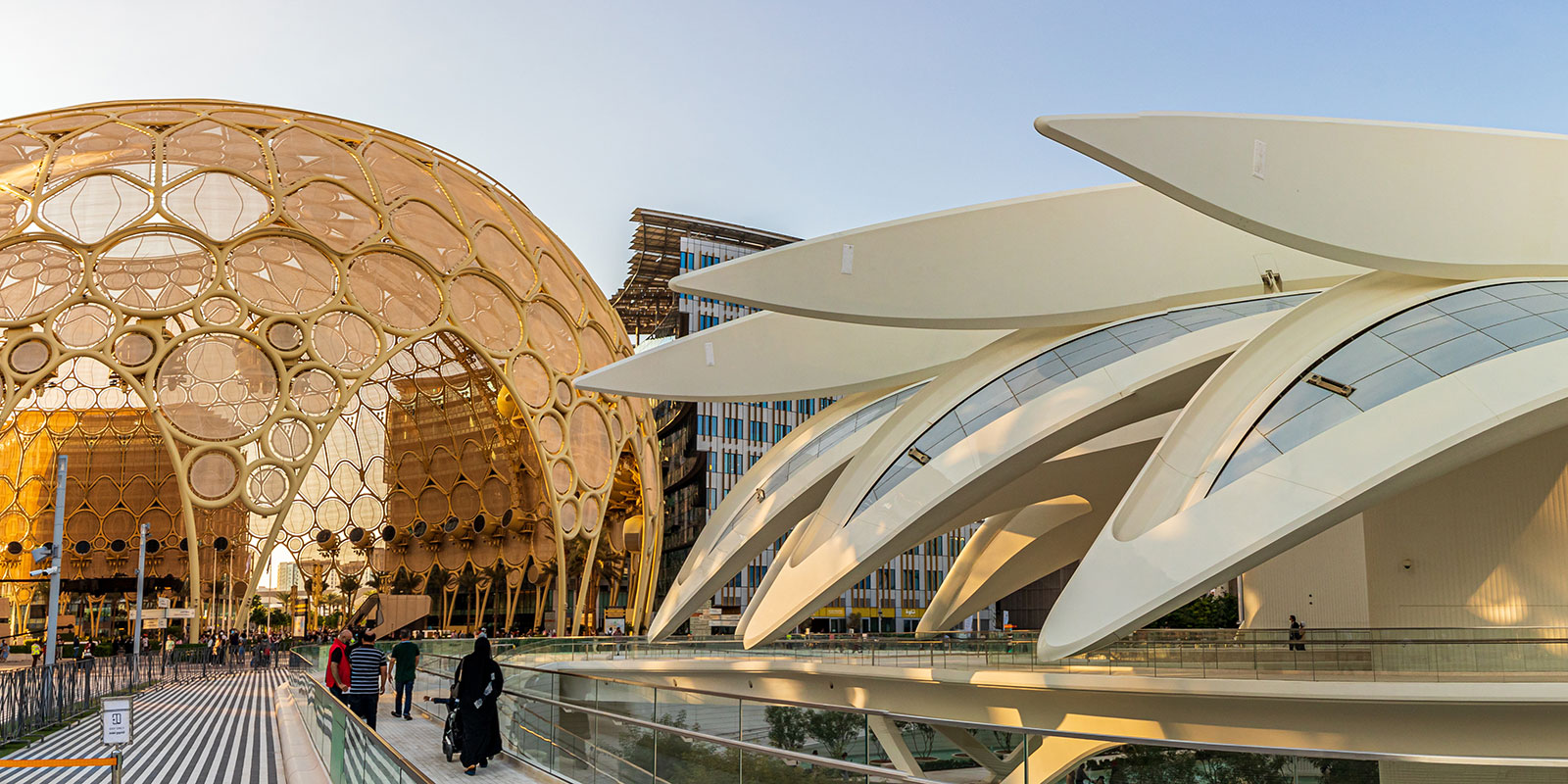 Dubai Expo 2020/Adobe Stock
Dubai Expo 2020/Adobe Stock
“Japan wants to show leadership in coming up with new ways of living”
Why do you think it’s important for Japan to host Expo 2025?
TK: Japan faces several challenges—environmental issues, the pandemic, population issues, gender issues, waste—and it wants to show leadership in coming up with new ways of living. In an increasingly divided world, Japan is perfectly placed to bridge global gaps and address pressing issues. The country is famous for bringing together influences and ideas from elsewhere and molding them into something new and innovative, and the Expo offers an opportunity to showcase that ability.
SS: I hope the Expo will provide an opportunity for countries to make decisions together, and turn a variety of developments into a force for positive change.
At the Expo, what should Japan seek to create for or with the world?
SS: The Expo takes place in Osaka, but it should involve engagement with the entire nation. Once you’ve seen something at the event venue, you should be encouraged to visit places elsewhere in Japan where that solution has been adopted, perhaps already hundreds of years ago, whether it’s historic sites in Nara or a [modern] town in Hokkaido.
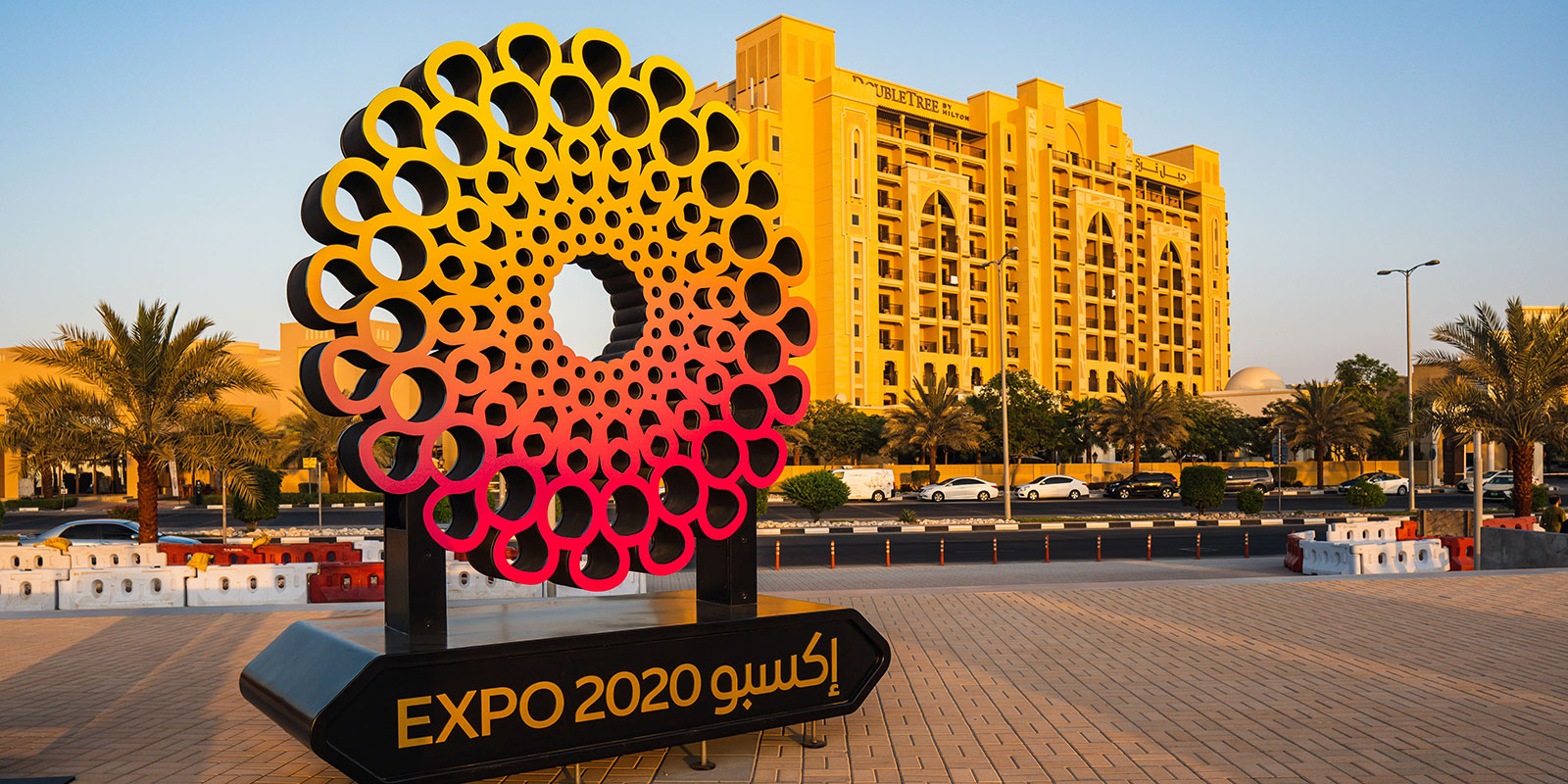 Dubai Expo 2020/Adobe Stock
Dubai Expo 2020/Adobe Stock
“It’s about getting everyone onboard and inspiring people to work together. There cannot be any co-creation or inclusivity without that”
How can co-creation, a major theme of Expo 2025, be achieved in an inclusive manner in the lead-up to the event?
TK: It’s about getting everyone onboard and inspiring people to work together. There cannot be any co-creation or inclusivity without that. The “Join, Sync, Act” slogan expresses that. It’s about joining in, thinking about these things together, whether it’s in schools or workplaces, getting everyone involved to create the Expo together. That’s what we need to work on in the lead-up to the Expo.
Join | Sync | Act 2025
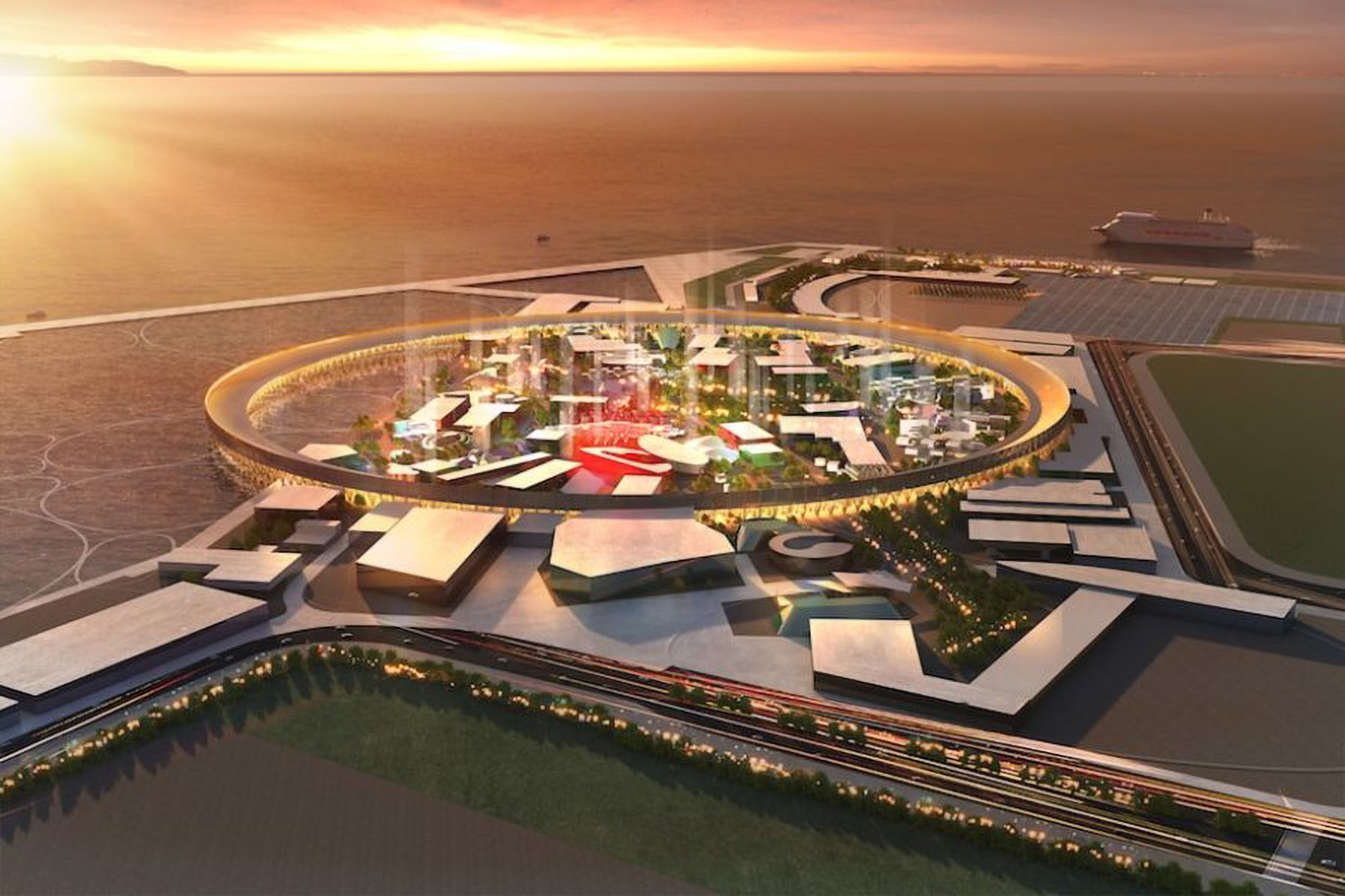 Japan Association for the 2025 World Exposition
Japan Association for the 2025 World Exposition
As the world moves further into the 21st century, there's change in the air.
The age of materialism and the information revolution are behind us, and we are entering a new age—one in which new ideas rule and people pursue ideals beyond economic growth.
We believe Japan, where people have valued nature and spirituality while drawing upon cultural influences from elsewhere, can make a positive contribution to this new world, bridging gaps and bringing the world together to solve global issues.
Japan's new ideas are set to be on full display at Expo 2025 Osaka, Kansai, Japan—a global gathering aimed not at national prestige, but inclusive dialogue, re-orienting mindsets, mutual tolerance, and achieving positive change.